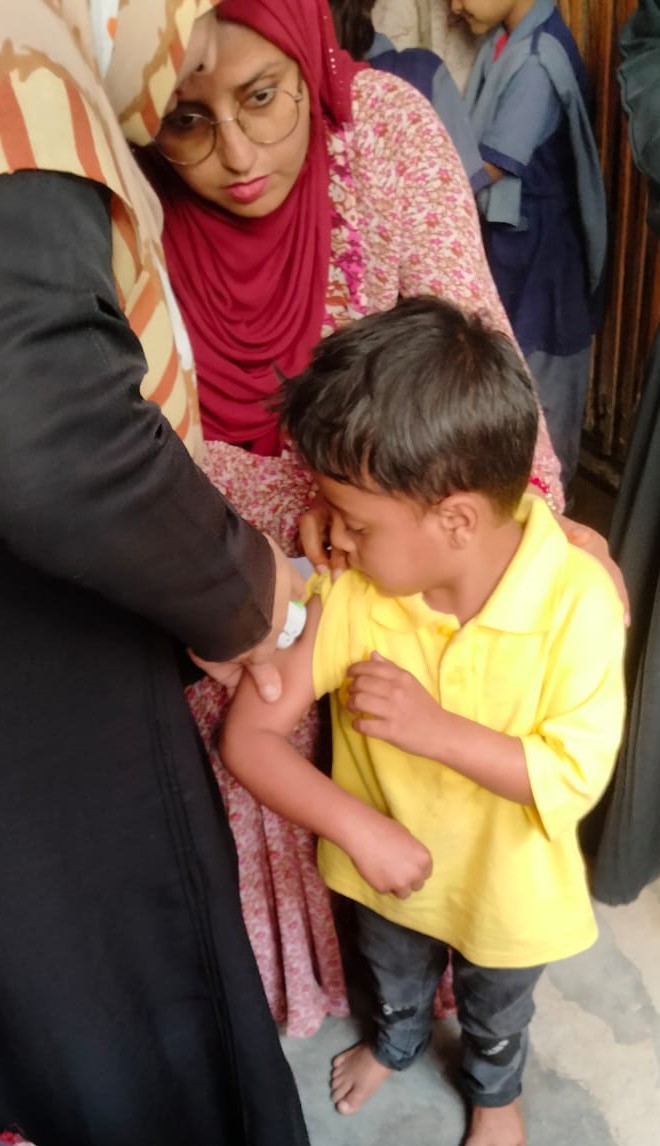GOLDEN, Colo. — PharmaJet, a company focused on improving injectable delivery through needle-free technology, announced that its WHO-prequalified Tropis Intradermal (ID) Needle-Free Injection System will be used exclusively in Pakistan’s latest nationwide polio immunization campaign scheduled for late 2025.
The campaign aims to vaccinate 1.8 million children between the ages of four months and 15 years in Lahore, the largest city in Punjab province. This expansion follows Pakistan’s July 2025 decision to extend polio vaccination efforts to include children up to age 15, in response to a resurgence of wild poliovirus type 1 cases. In 2024, the country reported 74 cases, alongside continued detection of the virus in sewage samples.
The Tropis system will deliver fractional dose inactivated polio vaccine (fIPV) as part of the campaign. To date, more than 12 million pediatric injections have been administered using Tropis in polio vaccination and routine immunization efforts across Pakistan, Nigeria, and Somalia. Studies have shown that Tropis increases campaign coverage by more than 18 percent compared to traditional needle-based delivery.
A recent study published in Vaccines found that Tropis achieved an 11.2 percent higher second-dose coverage rate for IPV, up to 47 percent in total immunization cost savings, and a 97 percent healthcare worker preference compared to standard needle-based administration. The Pakistan campaign builds on the system’s continued success, including its recent adoption in polio vaccination efforts in Afghanistan.
“We are pleased that our Tropis ID Needle-Free System will continue to be used in polio eradication campaigns in Pakistan,” said Paul LaBarre, Senior Vice President of Global Business Development at PharmaJet. “Tropis has been shown to be very effective and affordable in campaigns and routine immunizations, protecting over 12 million children against poliovirus. In recognition of World Polio Day 2025, we remain committed to the Global Polio Eradication Initiative and look forward to continuing to support the fight against poliovirus in this region.”


